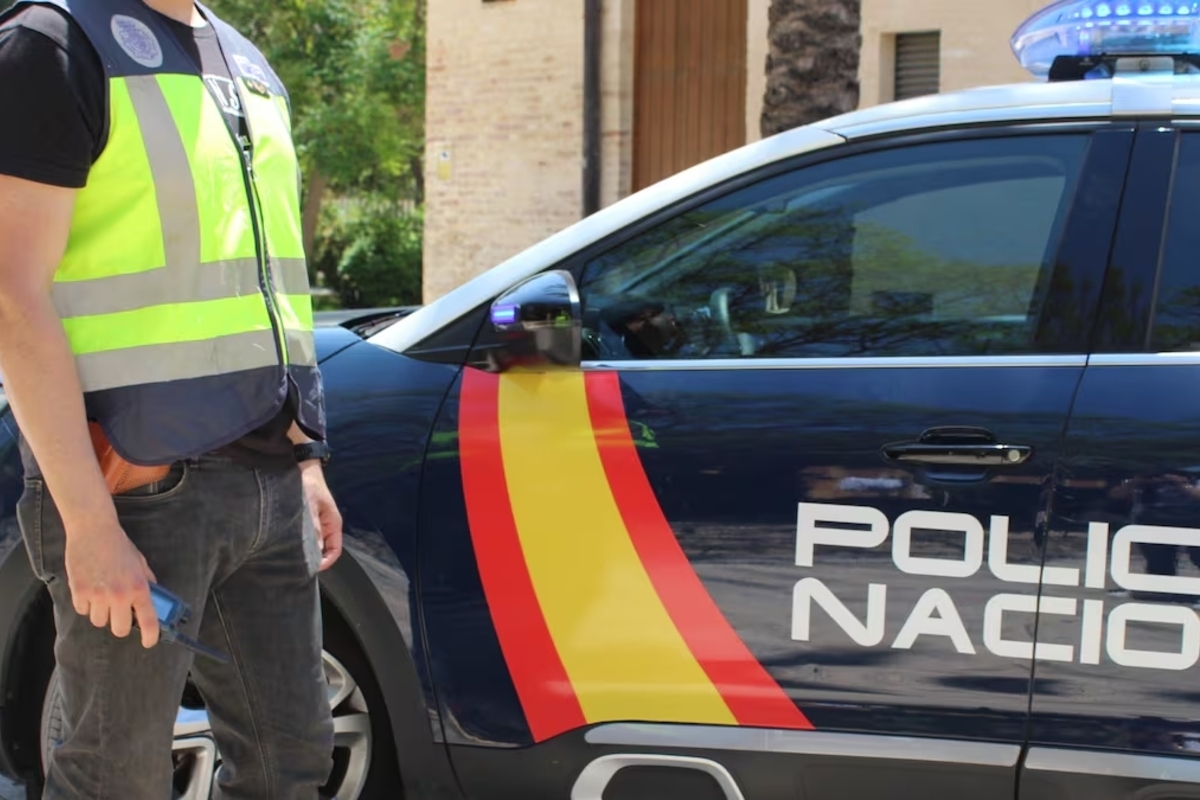
In a significant crackdown on international crime, Spanish National Police, in collaboration with Europol, have dismantled a powerful criminal network operating an underground banking system. The organization, which utilized the traditional hawala method for money transfers outside legal channels, was involved in supporting human trafficking and drug operations, generating profits estimated at $21 million. The operation led to 17 arrests and the seizure of substantial assets, including cash, cryptocurrencies, vehicles, and luxury items.
The investigation, which was conducted under secrecy by the Court of Instruction number 3 of Almería, revealed the network's sophisticated structure. It consisted of two distinct branches: an Arab-origin group that received money worldwide and a Chinese-origin network that facilitated cash delivery in Spain, with transactions often compensated through cryptocurrencies. This setup allowed the organization to evade conventional banking controls and launder money effectively.
Authorities executed 13 searches across Spain, uncovering €205,000 in cash, over €183,000 in cryptocurrencies, 18 vehicles valued at €207,000, and high-end goods such as luxury handbags and cigars. Additionally, 10 properties worth more than €2.5 million were frozen, significantly disrupting the network's operations. The leader of the organization, based in Belgium, was among those detained, marking a critical blow to the network's infrastructure.
This operation underscores the challenges law enforcement faces in combating international criminal networks that exploit traditional and modern financial systems. The collaboration between Spanish authorities and Europol highlights the importance of international cooperation in addressing such complex criminal enterprises. As investigations continue, the focus remains on uncovering the full extent of the network's activities and its connections to other criminal organizations worldwide.

The Spanish National Markets and Competition Commission (CNMC) has approved Neinor Homes' public takeover offer for Aedas Homes, clearing a key regulatory hurdle for the €1.07 billion transaction. The regulator authorized the deal "in first phase and without commitments" on September 25,...

The highly anticipated ticket sales for Spanish band La Oreja de Van Gogh's upcoming tour were unexpectedly postponed on Monday due to a widespread technical failure affecting Amazon Web Services. The band had scheduled ticket sales for 12:00 hours on October 20th for concerts marking the...

Spanish First Vice President and Finance Minister María Jesús Montero has assured that no autonomous community will lose resources under the new singular financing model for Catalonia agreed between the central government and the Generalitat. Speaking to media before the 'World in Progress'...

A Madrid court has initiated an investigation into former PSOE organizational secretary Santos Cerdán for alleged false testimony during a Senate hearing about the 'Koldo case.' The Investigating Court Number 24 of Madrid admitted a complaint filed by the organization Hazte Oír, finding...

Pope Leone XIV presided over a significant canonization ceremony at St. Peter's Square on Sunday, elevating seven individuals to sainthood including Venezuela's first two saints. The ceremony, marked by the ringing of bells and attended by approximately 55,000 people, saw the canonization of...